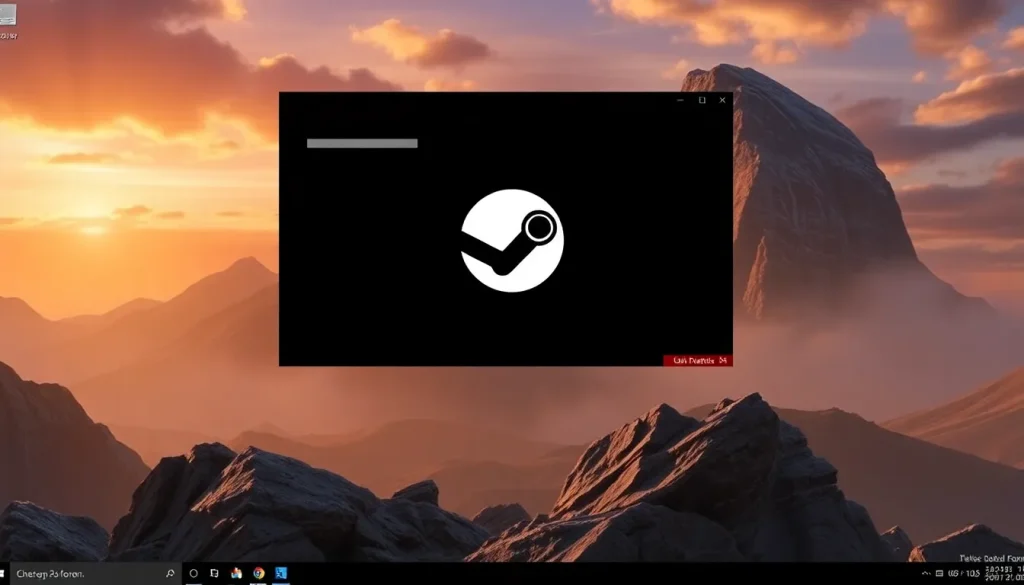Steam to End Support for 32-Bit Windows Systems in January 2026

In a significant shift for gaming on Windows, Valve has announced that it will officially discontinue support for the last 32-bit versions of Windows in January 2026. This decision marks a pivotal moment not only for the Steam platform but also for gamers still using these older operating systems. As technology continues to advance, the move underscores the importance of updating to more modern systems to ensure security, compatibility, and access to the latest gaming experiences.
The transition away from 32-bit systems may seem long overdue, yet it is a crucial step in streamlining software development and enhancing user experience. As we explore the implications of this change, it’s essential to consider the historical context, current usage statistics, and the future of gaming on Windows.
Historical Perspective on 32-bit Windows Versions
32-bit versions of Windows have been prevalent since the mid-1990s, serving as the backbone of personal computing for nearly two decades. These systems dominated the market until the early 2010s, when the shift towards 64-bit computing began to take hold.
- Windows 95 and 98: The early iterations of Windows introduced users to the graphical interface that would become standard across all future versions.
- Windows XP: Released in 2001, XP was one of the most popular operating systems, supporting a wide range of software and hardware.
- Windows 7: Launched in 2009, this version solidified the 32-bit architecture's place in computing history, remaining widely used long after its release.
However, the landscape began to change with the introduction of Windows 8 in 2012 and, more notably, Windows 10 in 2015, which encouraged users to transition to 64-bit systems for enhanced performance and security features. As of 2021, Windows 11 marked the first major release without a 32-bit variant, spotlighting the industry’s move toward 64-bit computing as the standard.
Current Usage Statistics of 32-bit Windows
According to recent data from the Steam Hardware Survey, the usage of 32-bit versions of Windows has dwindled significantly. As of August, the statistics indicate that:
- 32-bit Windows systems fall under the "other" category, making up approximately 0.05 percent of all Steam users.
- The 64-bit version of Windows 10 remains active on over a third of Steam-using Windows PCs.
- Meanwhile, nearly two-thirds of users have upgraded to the 64-bit version of Windows 11.
This sharp decline in usage illustrates the inevitability of technological progress, as gamers increasingly adopt more modern operating systems to enhance their gaming experiences.
Impact on Game Availability and Compatibility
One of the major concerns surrounding the discontinuation of support for 32-bit Windows is the potential impact on game compatibility. Fortunately, the transition should not significantly affect the availability of games on the Steam platform. Existing 32-bit games that are operable in 64-bit Windows environments will continue to function without issues.
Unlike macOS, which has moved away from supporting 32-bit applications altogether, Windows maintains a level of compatibility that allows most older applications to run smoothly on newer systems. This ensures that gamers can continue to enjoy their favorite titles without the need for extensive updates or modifications.
Why 64-bit Systems Matter for Gamers
The shift from 32-bit to 64-bit systems is not merely a matter of compatibility; it also brings several advantages that can enhance the gaming experience:
- Increased Memory Capacity: 64-bit systems can utilize significantly more RAM than their 32-bit counterparts, allowing for better performance in memory-intensive games.
- Enhanced Security Features: Modern operating systems come equipped with advanced security protocols that protect against vulnerabilities, ensuring a safer gaming environment.
- Improved Performance: Many newer games are optimized for 64-bit systems, providing smoother graphics and faster load times.
As the gaming industry continues to evolve, utilizing 64-bit systems will become essential for accessing the latest technology and features that enhance gameplay.
Looking Ahead: What Gamers Should Consider
As we approach the January 2026 deadline for 32-bit support on Steam, it's vital for gamers to assess their current systems. Here are a few considerations:
- Upgrade Hardware: If still using a 32-bit system, consider upgrading to a 64-bit compatible machine to remain connected with the gaming community and access future titles.
- Backup Games: Ensure that all purchased games are backed up and accessible, especially those that may be affected by the transition.
- Stay Informed: Keep an eye on updates from Valve and other developers regarding game compatibility and support for various operating systems.
This transition signals a new era for gaming on Windows, one that embraces modern technology and prepares users for the future of gaming.
For further insights on this topic, you can check out this informative video that discusses the implications of Steam's decision to drop support for older Windows systems:




Leave a Reply